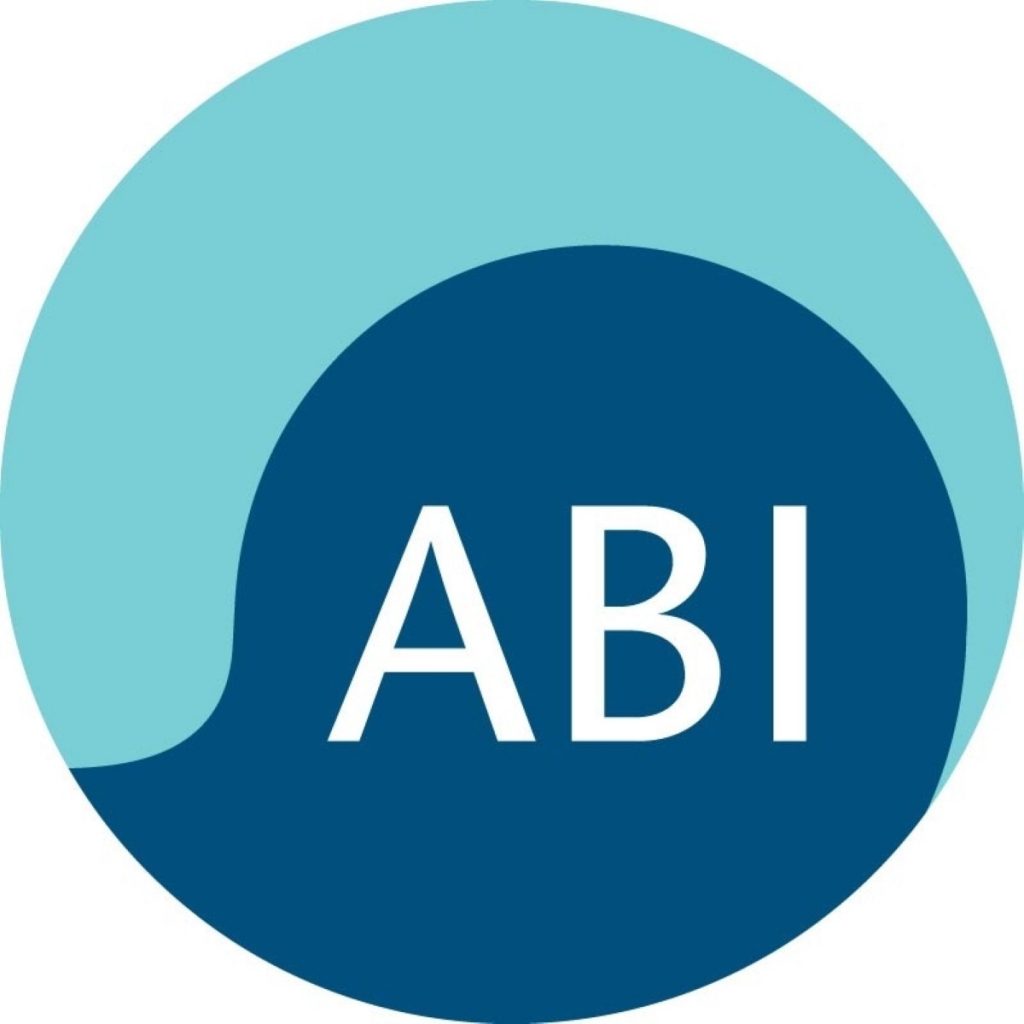ABI: Insurance industry now able to respond more effectively to emergency incidents.
Insurers and loss adjusters will be able to respond more quickly to a major emergency as the result of a new agreement between the insurance industry, police, fire and rescue services, and local authorities.
Under the emergency protocol agreement, the ABI (Association of British Insurers) and CILA (The Chartered Institute of Loss Adjusters) will be notified of the scale of damage by The Strategic Coordinating Group, set up under The Civil Contingencies Act to co-ordinate response to a major incident. They will then alert their members to enable earliest possible access to the scene to help policyholders. An emergency is defined as an event or situation threatening serious danger to life, the environment, or security, such as a terrorist incident or severe weather incident.
Nick Starling, the ABI’s Director of General Insurance and Health, said:
“A planned and speedy response is vital in the aftermath of a major incident. This agreement reflects the vital role insurers play in the recovery process. Public safety and preserving evidence is the priority, but the sooner insurers can safely assess the damage the sooner they can help their policyholders.”
Commenting on the launch of this significant document Graham Cave, Executive Director of the CILA, said:
“We now have a robust mechanism to allow our members to have early access to the site following an event as well as a sound communication cascade from the operational level to all sectors of the insurance market.”
Deputy Chief Constable Alan Goodwin, Derbyshire Constabulary and Chair of
ACPO Emergency Procedures Portfolio, said:
The Police Service welcomes this protocol as recognition of the insurance industry’s role in helping to restore normality to affected communities in the aftermath of an emergency or major incident. Whilst the initial response to any such event and the subsequent investigation will always be the primary focus of the emergency services, the recovery effort may take many months to achieve. Engagement of colleagues from the insurance industry at the earliest appropriate opportunity will undoubtedly aid that effort and help bring relief to those people whose lives have been disrupted”
– ENDS –
Notes for Editors
1. Enquiries to ABI:
Malcolm Tarling 020 7216 7410 (Mobile: 07776 147 667)
Jonathan French 020 7216 7392 (Mobile: 07958 330 480)
Erfan Hussain 020 7216 7411 (Mobile: 07712 841 184)
Kelly Ostler 020 7216 7415 (Mobile: 07968 364 302)
CILA :
Graham Cave 020 7337 9960
Association of Chief Police Officers:
Toby Doman 020 7084 8949
The role of the Strategic Co-ordinating Group. Where an event or situation has an especially significant impact or substantial resource implications, involves a large number of organisations, or lasts for an extended duration, it may be necessary to implement multi- agency management through the Strategic Co-ordinating Group (SCG). The SCG will take overall responsibility for the multi-agency management of the emergency and establish the policy and strategy for dealing with it.
Whilst most emergencies are dealt with by local responders at a local level, recent experience has highlighted that there may be very exceptional circumstances when response to an emergency would benefit from co-ordination at a regional level where the emergency effects a number of localities within a region or resources are overwhelmed. This will hopefully be rare. There is however a mechanism whereby a regional response can be provided through a Regional Civil Contingencies Committee ( RCCC)
The RCCC is a multi-agency group that will include representatives of the emergency services, local authority, Govt Office and others from across the region. Their precise role will vary as with the SCG but will certainly involve collating and maintaining a strategic overview of the event as it develops and assessing the ability for the event to be dealt with locally.
Further information is available through Emergency Response and Recovery guidance at www.ukresilience.gov.uk
2. The ABI is the trade association for Britain’s insurance industry. Its nearly 400 member companies provide over 94% of the insurance business in the UK. It represents insurance companies to the Government, and to the regulatory and other agencies, and is an influential voice on public policy and financial services issues. ABI member companies hold up to a sixth of all investments traded on the London Stock Exchange, on behalf of millions of pensioners and savers.
3. An ISDN line is available for broadcasts.
Copies of all ABI news releases, together with other information from the Association, can be seen on our website http://www.abi.org.uk





-01.png)